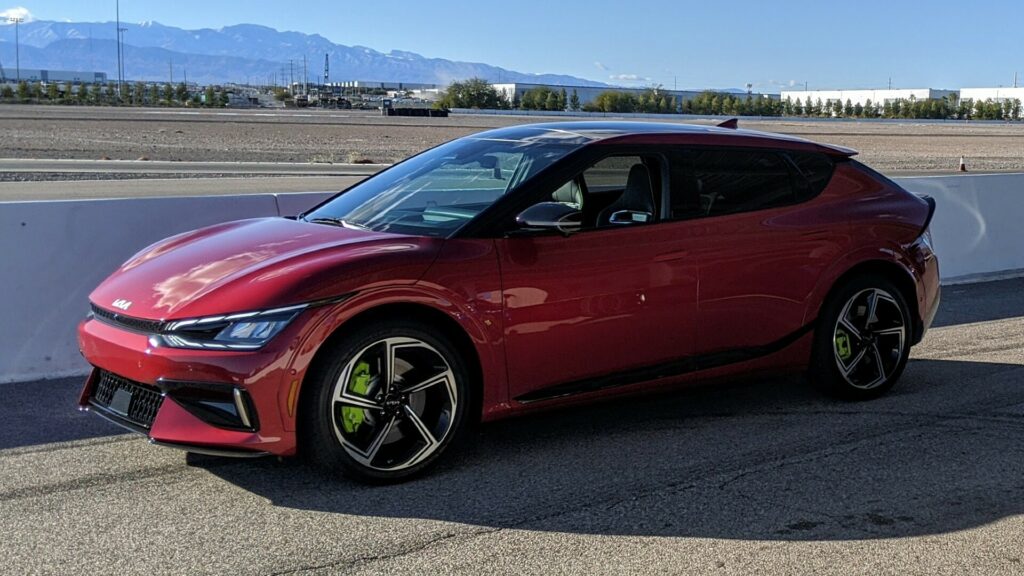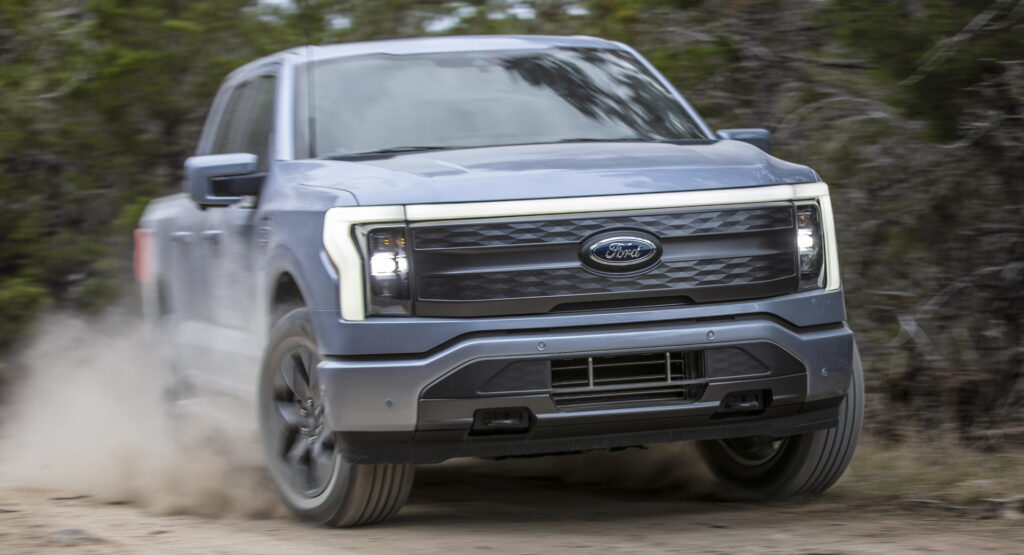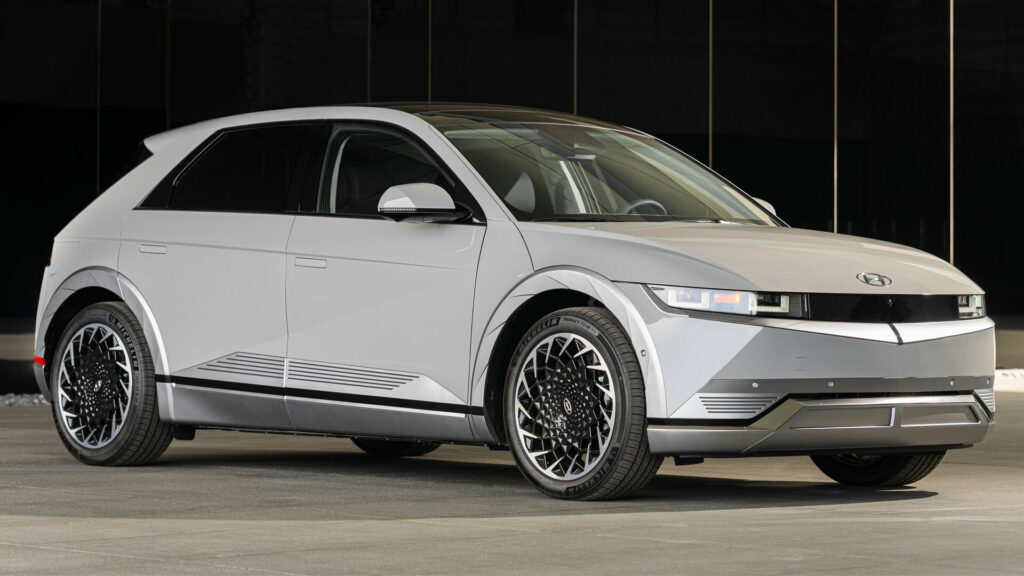Democratic Senator Joe Manchin wants to immediately stop EV buyers from getting a tax credit if the vehicle in question doesn’t meet the stipulations of the Inflation Reduction Act. A new bill he plans to introduce would direct the Treasury Department to stop issuing some EV tax credits at once. If enacted, the bill would affect EVs that don’t meet the stipulations retroactively as of January 1, 2023.
The Treasury Department was tasked with releasing a set of rules surrounding what vehicles would and wouldn’t qualify for the EV tax credit by December 31, 2022. When it failed to accomplish that task by the deadline, it said it would meet a new deadline in March of 2023. As a result, the stipulations surrounding battery and mineral requirements aren’t yet in effect and more vehicles qualify for a tax credit.
Manchin wants to put a stop to that as quickly as possible. “The IRA is first-and-foremost an energy security bill, and the EV tax credits were designed to grow domestic manufacturing and reduce our reliance on foreign supply chains,” he said in a statement.
More: New U.S. EV Tax Credits Confuse Dealers As Much As Customers

“The IRA and the EV tax credits must be implemented according to the Congressional intent to ensure the United States, as the superpower of the world, is not beholden to countries that don’t share our values,” he continued. According to The Wall Street Journal, the bill doesn’t have bipartisan support or even co-signers at this early stage. In fact, auto industry representatives haven’t seen it either.
We can only expect that many in the automotive industry will take issue with the proposed bill. Before the IRA was even signed into law, many in the industry raised concerns about it. Big automakers like Ford, Hyundai, and Toyota all made public statements about how it could negatively affect their business.
Despite that, these same companies and others have also put plans in the works to fall within the new stipulations in the future. Whenever they do go into effect they’ll require that to get half of the electric vehicle tax credit 40% of the critical minerals in the battery must come from the US or a country it shares a free-trade agreement with. To obtain the other half of the credit, 50% of the battery components must come from North America.





